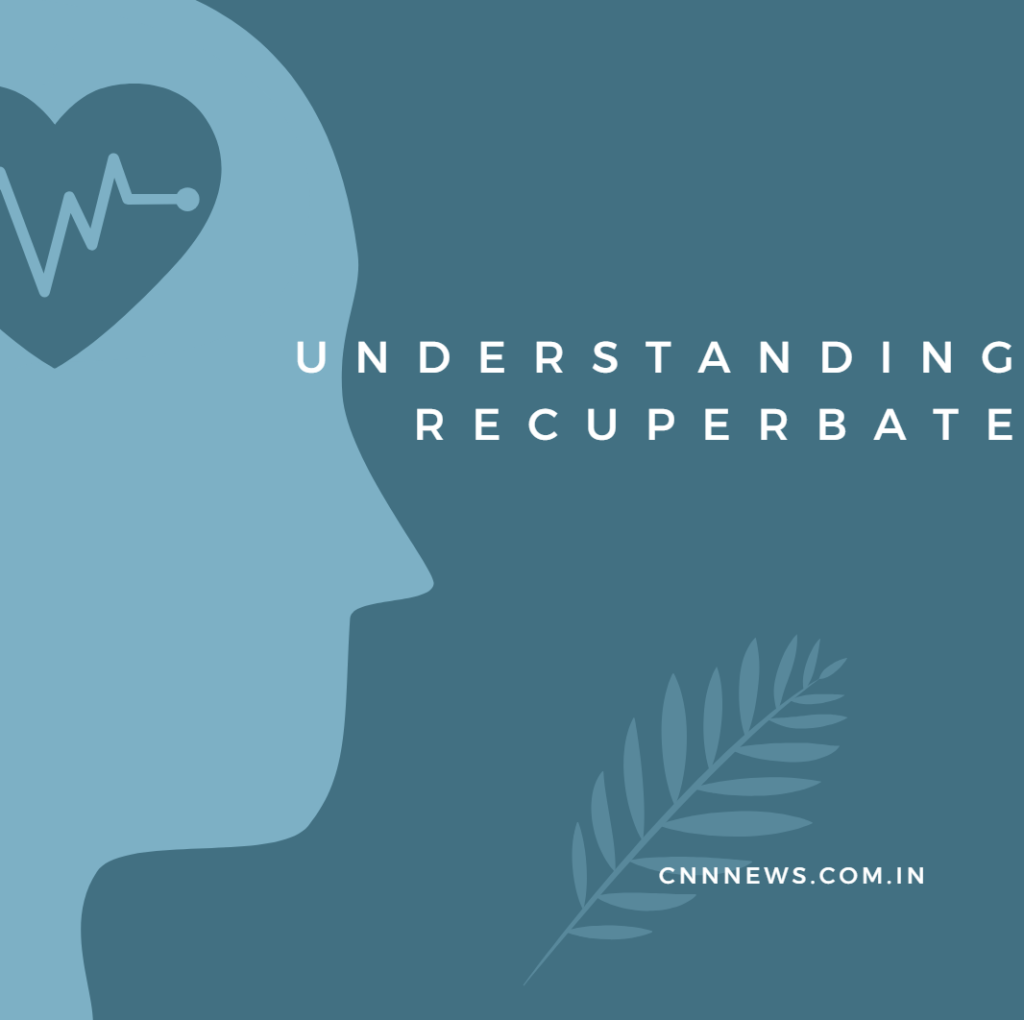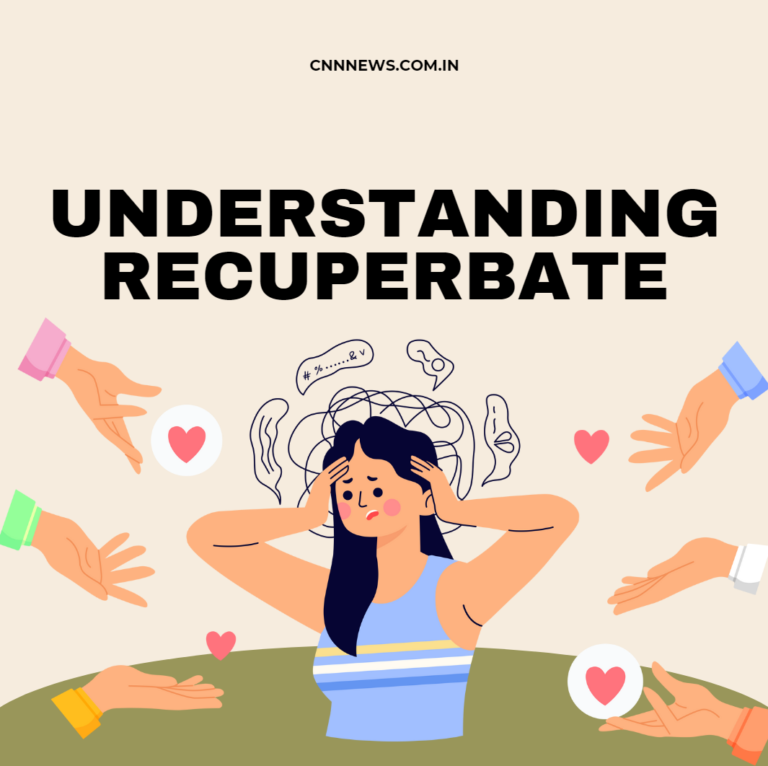Have you ever come across the term “recuperbate” and wondered what it means? It’s not a word you’ll find in every dictionary, but it’s one that captures a unique approach to health and well-being. Recuperbate is about rejuvenation, recovery, and more importantly, a holistic method to restore your mind and body balance. If you’ve been feeling stressed or drained lately, then recuperbating might just be the key to finding your inner peace again.
Table of Contents
What is Recuperbate?
“Recuperbate” is a term that blends “recuperate” and “rejuvenate.” It symbolizes a modern approach to wellness that focuses on active recovery, mental reset, and holistic healing. Think of it as giving yourself a dedicated time-out to regain your vitality and energy—like hitting the refresh button on your body and mind.

The Origin of the Term
The word “recuperbate” might not be widely recognized, but it stems from the Latin root recuperare, meaning to regain or get back. It evolved to incorporate modern concepts of rejuvenation, emphasizing not just physical recovery but also mental and emotional rejuvenation.
Why is Recuperbating Important?
In today’s fast-paced world, recuperbating is essential for maintaining a healthy lifestyle. Have you ever felt like you’re just going through the motions, without truly enjoying life? That’s a sign your body and mind need recuperbation. It’s about more than just rest; it’s about intentional recovery that helps replenish your energy stores.
Benefits of Recuperbating
There are numerous benefits of incorporating recuperbation into your routine:
- Improved Mental Clarity: Recuperbating helps clear the mind, making you feel more focused and less overwhelmed.
- Enhanced Physical Health: It promotes better sleep, reduces tension, and even lowers the risk of chronic conditions linked to stress.
- Emotional Stability: Recuperbating can decrease anxiety, making you feel more grounded and balanced.
- Increased Productivity: A well-rested mind performs more efficiently and creatively.
How to Recuperbate Effectively
Effective recuperbation involves a few key principles:
- Find Your Ideal Environment: Choose a setting that promotes peace, whether it’s a quiet room, a natural setting, or even your favorite spot at home.
- Set Aside Time: Like any other activity, recuperbating needs to be scheduled. Dedicate at least 30 minutes to an hour a day.
- Engage in Mindful Practices: Include breathing exercises, meditation, or light physical activity.
- Eliminate Distractions: Turn off your devices, close your eyes, and focus on reconnecting with yourself.
Steps to Incorporate Recuperbation into Daily Life
- Start Your Day with Intentional Mindfulness: Begin with a short meditation or deep breathing exercise.
- Take Regular Breaks: Don’t wait until you’re burnt out. Include short, recuperbative breaks throughout your day.
- Create a Nighttime Routine: End your day with a calming activity—like reading, journaling, or a warm bath.
- Keep a Recovery Journal: Track how recuperbating makes you feel and tweak your approach as needed.
Recuperbate for Mental Health
Mental health is a crucial part of recuperbating. Incorporating mindfulness, guided imagery, or even creative hobbies can help reset your mental state. When you recuperbate, think of it as giving your mind a spa day—it’s a way to release pent-up stress and regain emotional resilience.
Recuperbate for Physical Well-Being
Physical recuperbation doesn’t always mean doing nothing. Light exercise, stretching, and even deep breathing can all be recuperbative. The key is to focus on activities that restore energy rather than drain it. Activities like yoga or tai chi are excellent examples of physical recuperbation.
Common Misconceptions About Recuperbating
Some believe recuperbating is the same as relaxing, but it’s more structured and purposeful. Unlike watching TV, which can sometimes leave you feeling drained, recuperbating involves activities that actively restore energy.
How Recuperbation Differs from Relaxation
Relaxation is passive, while recuperbating is an active process. Imagine recuperbating as recharging your internal batteries, while relaxation is simply switching to a low-power mode.
Conclusion
Recuperbating is more than a wellness trend—it’s a lifestyle choice that could redefine how we approach health and well-being. As people continue to prioritize their mental and physical health, recuperbating will likely become an essential part of self-care routines everywhere.

[…] health are deeply intertwined. By tapping into both aspects, Kiolopobgofit provides a holistic approach to wellness, unlike many other fitness routines that focus solely on the […]
[…] Tahilan is a well-respected storyboard artist, renowned for her work in the creative industry. Her unique approach to storyboarding focuses on blending artistic skill with strategic planning. She has helped […]
[…] let’s explore a bit about the artist himself. Antish Wagry is a rising musician known for his unique approach to songwriting. His work has resonated with audiences worldwide, and his lyrics have been praised […]
[…] of Boundless Inc’s mission. Since its inception, the company has garnered attention for its unique approach to photography, which is both innovative and grounded in traditional […]
[…] unique storytelling approach makes the saga stand out. They blend sweeping landscapes with close-up shots of human emotion, […]